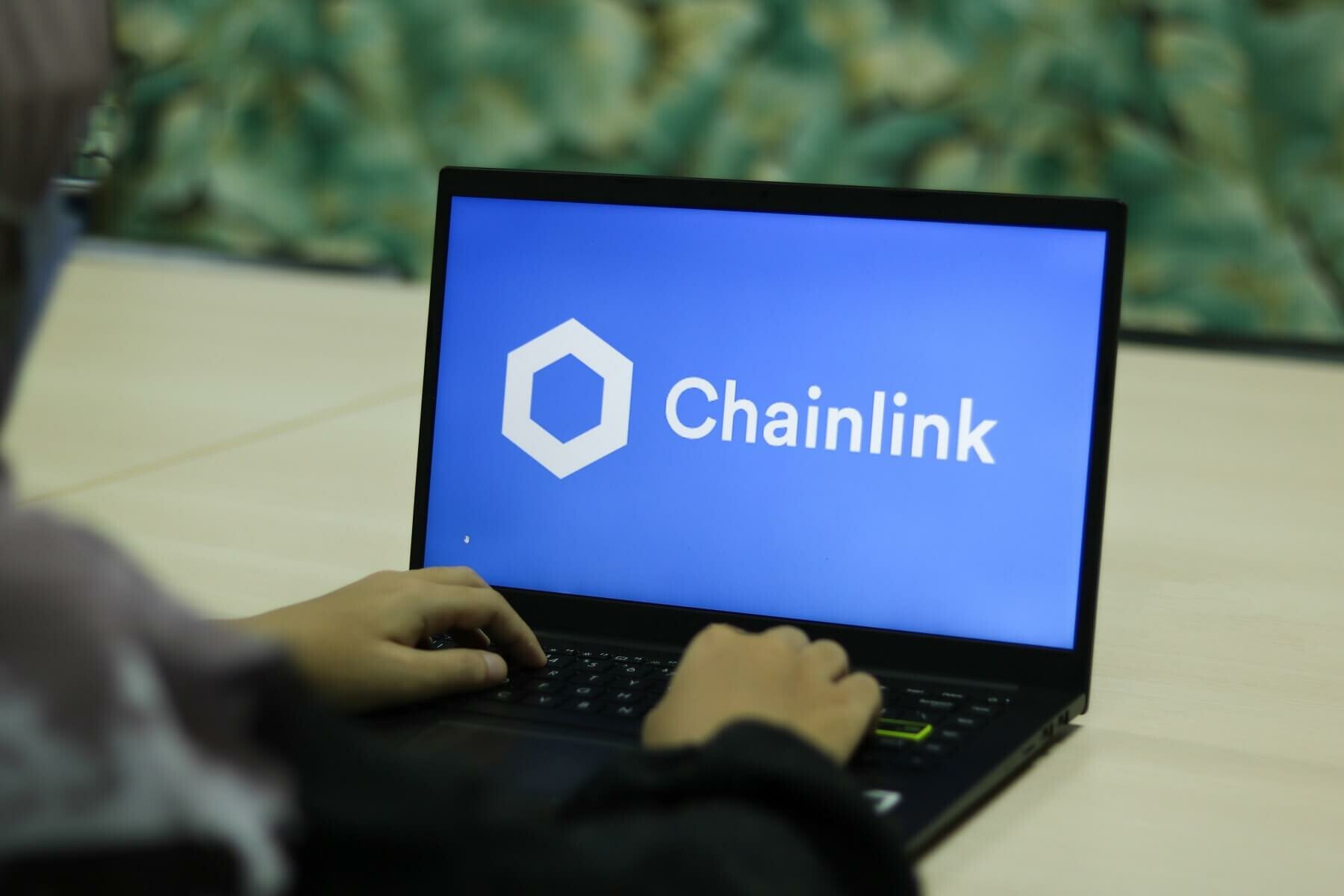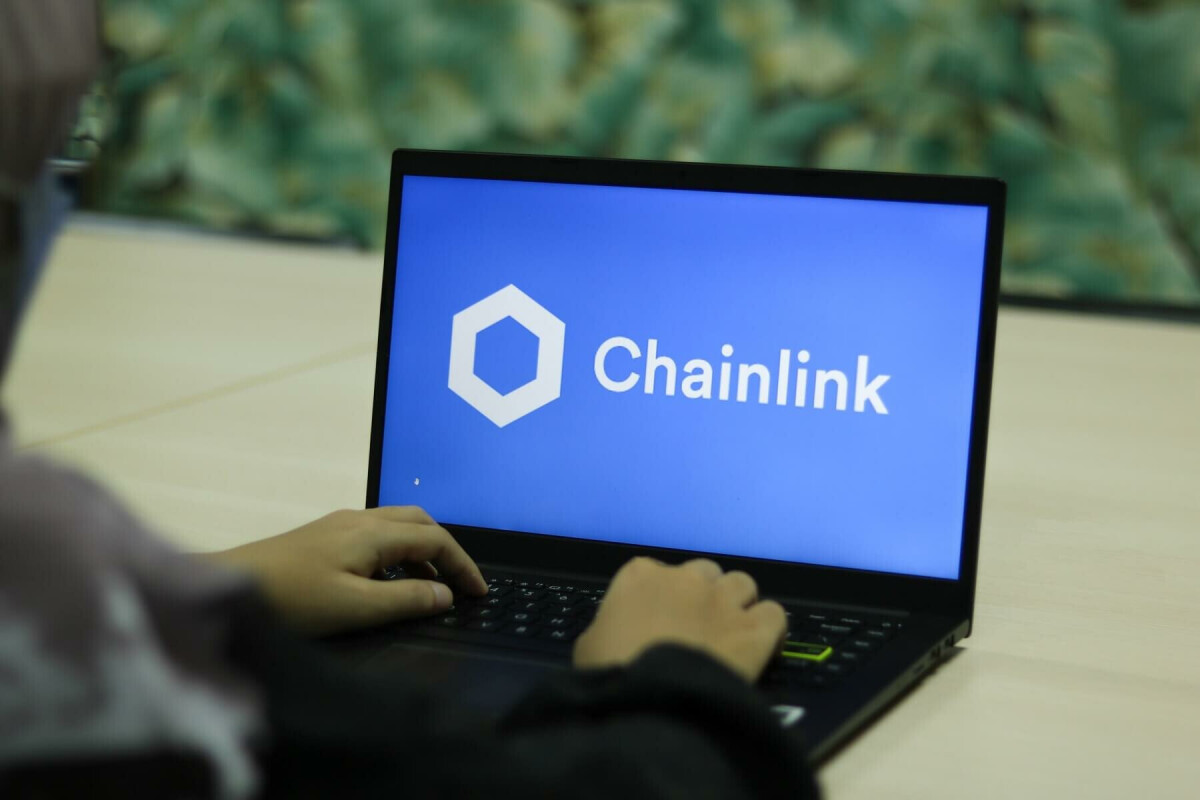Chainlink Addresses Concerns as Users Spot Subtle Alterations to Multisig

Decentralized oracle network Chainlink (LINK) has responded to criticism regarding a recent alteration to the number of signers required on its multisig wallet.
The change, which reduced the required number of signatures from 4-of-9 to 4-of-8, sparked backlash from critics on social media platforms.
The 4-of-8 multisig requirement is a security measure that necessitates four out of eight signatures to authorize a transaction.
In a recent post on X (formerly Twitter), crypto researcher Chris Blec highlighted an original post from an anonymous user that revealed the removal of a wallet address from Chainlink’s multisig wallet without official communication from the company.
“This multisig can change *any* Chainlink price feed to provide *any* price that it wants it to provide,” Blec wrote. “Completely centralized under this multisig.”
However, a spokesperson for Chainlink has reportedly claimed that the modification was part of a routine signer rotation process. They said:
“The multisignature Gnosis Safes used to ensure the reliable operation of Chainlink services were updated as part of a periodic signer rotation process. The rotation of signers was completed, with the Safes maintaining their regular threshold configuration.”
Blec Remains a Major Critic of Chainlink
Blec has been a prominent critic of Chainlink, expressing concerns about the potential centralized risk associated with the project.
He previously stated that if Chainlink’s signers were to “go rogue,” it could potentially disrupt the entire decentralized finance (DeFi) ecosystem.
Blec also highlighted the reliance of various DeFi projects, such as Aave and MakerDAO, on Chainlink’s oracles for accurate price data.
Chainlink is a decentralized oracle network that facilitates secure communication between Ethereum-based smart contracts and real-world data and services beyond the confined realm of blockchain networks.
Meanwhile, Chainlink’s native token, LINK, has exhibited strong performance in recent weeks amid an inflow of positive news.
Back in June, Chainlink and the US Depository Trust and Clearing Corporation (DTCC) announced that they are collaborating on a SWIFT blockchain interoperability project.
SWIFT, a dominant global interbank messaging system, aims to collaborate with Chainlink to accelerate the adoption of asset tokenization.
Furthermore, Chainlink’s Cross-Chain Interoperability Protocol reached an important milestone with regards to its institutional adoption last week.
As reported, Australasian bank ANZ used the protocol to complete a cross-chain purchase of an ANZ issued Australian dollar pegged stablecoin.
In a tweet, Chainlink said this “further showcases how financial institutions can utilize CCIP to facilitate cross-chain transactions across public and private blockchains.”
Nevertheless, LINK is currently trading at $7.24, almost flat over the past day. However, the token has gained 10.9% over the past week, and more 21% over the past 14 days.



